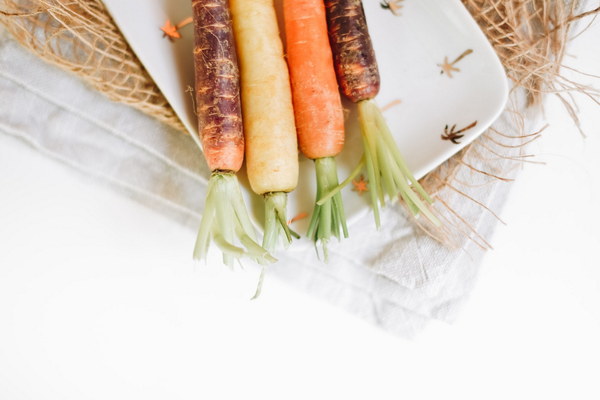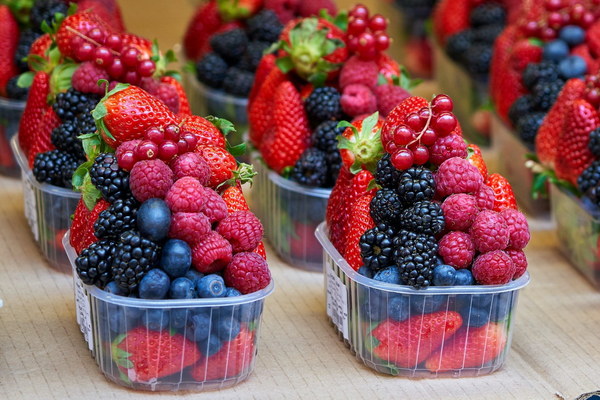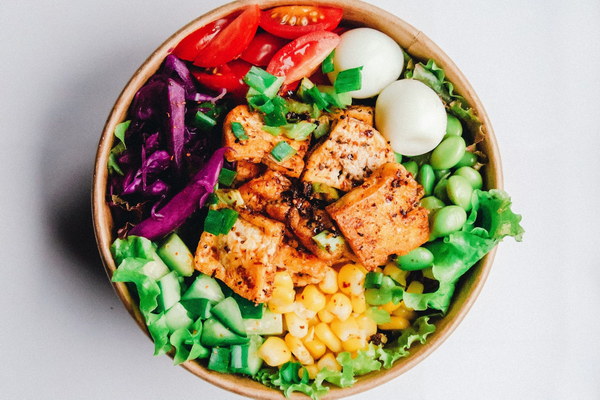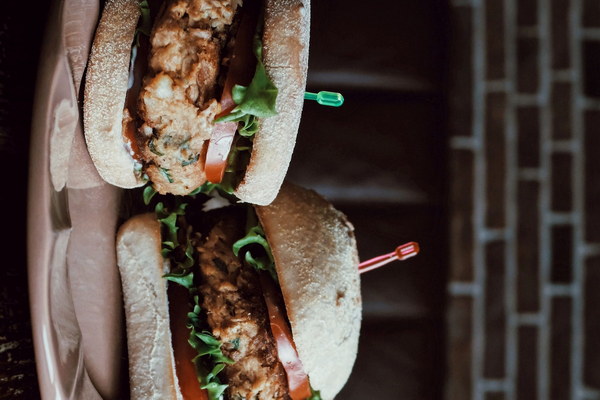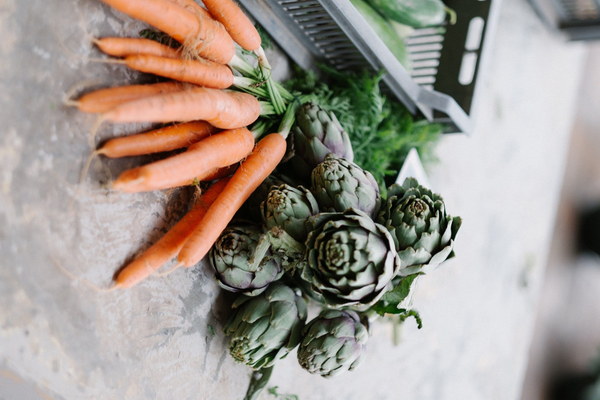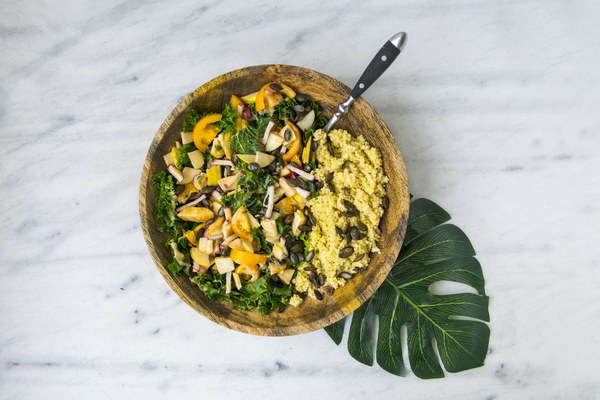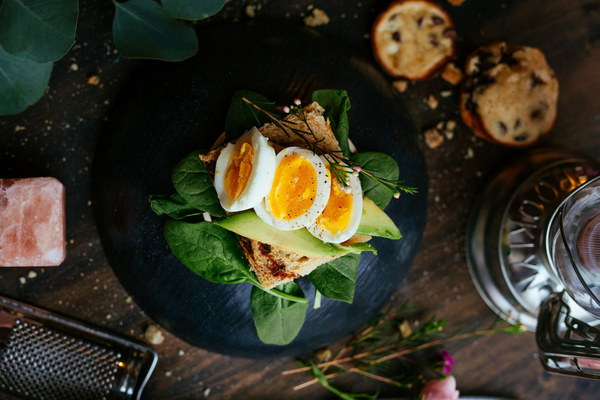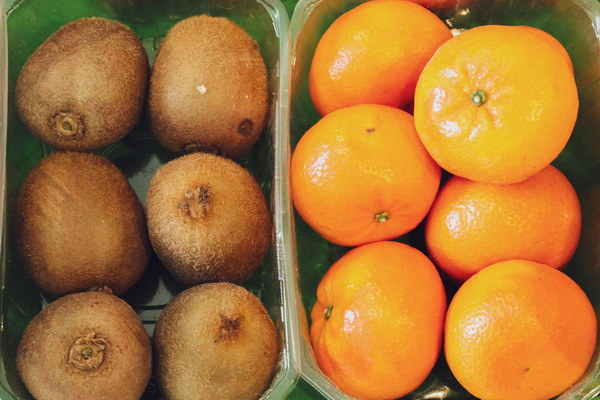The Yellow Emperor's Classic Rejuvenating Qi through Moderate Eating
In the ancient Chinese medical text, The Yellow Emperor's Classic of Internal Medicine (Huang Di Nei Jing), the concept of moderate eating as a method to replenish and strengthen one's Qi (vital energy) is prominently featured. This traditional wisdom suggests that by consuming food in moderation, individuals can maintain a harmonious balance within their body, leading to improved health and vitality. Let's delve into the essence of this principle and explore how it can be integrated into modern lifestyles.
The Yellow Emperor's Classic posits that the human body is a complex system of interconnected organs and meridians, all of which rely on Qi for their proper functioning. Qi is the fundamental energy that animates the body, governs its growth and development, and is essential for health and longevity. The book emphasizes that maintaining a balance of Qi is crucial for preventing illness and achieving optimal well-being.
According to the Yellow Emperor's Classic, excessive eating can lead to the accumulation of Damp-Heat in the body, a condition that can cause various diseases. Conversely, consuming food in moderation helps to support the body's natural ability to regulate its Qi. Here are some key points regarding the principle of moderate eating as outlined in the classic:
1. Eat to Satisfy, Not Overindulge: The Yellow Emperor's Classic suggests that one should eat only until they feel comfortably satisfied. Overeating can lead to the overburdening of the digestive system, which can impair the body's ability to produce and distribute Qi effectively.
2. Choose the Right Foods: Certain foods are considered to be more nourishing than others in terms of Qi. The classic recommends consuming a variety of foods, including grains, vegetables, fruits, and meats, ensuring that the body receives a balanced supply of nutrients and energy.
3. Avoid Cold and Raw Foods: Cold and raw foods can be difficult for the body to digest, leading to the production of Damp-Heat and the depletion of Qi. It is best to consume foods that are cooked and at room temperature or slightly warmer.
4. Listen to Your Body: The Yellow Emperor's Classic emphasizes the importance of listening to one's body's signals. If a person feels bloated, tired, or has discomfort after eating, it may be a sign that they have overeaten or consumed unsuitable foods.
5. Mindful Eating: The act of eating should be approached with mindfulness, focusing on the taste, texture, and aroma of the food. This helps to enhance the digestive process and allows the body to absorb the nutrients more effectively.
Incorporating the principle of moderate eating into modern life can be challenging, given the abundance of processed foods and the fast-paced nature of our daily routines. However, there are several ways in which one can apply the wisdom of the Yellow Emperor's Classic:
- Mindful Meals: Set aside time for meals, focusing on the food and the act of eating. This can help reduce the consumption of excess calories and improve digestion.
- Balanced Diet: Include a variety of nutrient-rich foods in your diet, ensuring that your body receives a balanced supply of Qi.
- Listen to Your Body: Pay attention to how different foods make you feel and adjust your diet accordingly.
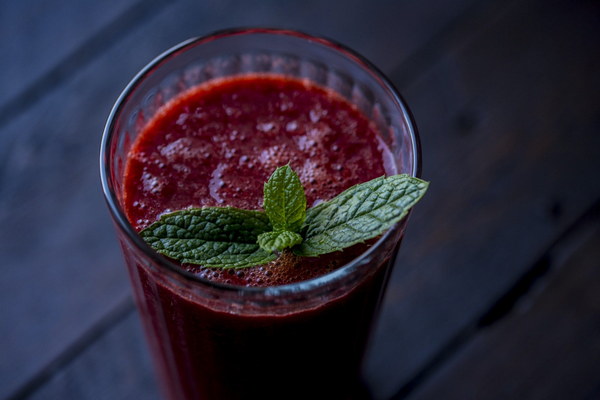
- Cook Your Own Meals: Preparing your own meals allows you to control the quality and quantity of the food you consume, reducing the risk of overindulgence and promoting the absorption of essential nutrients.
In conclusion, the principle of moderate eating as advocated by the Yellow Emperor's Classic is a timeless piece of wisdom that can lead to improved health and vitality. By incorporating this concept into our daily lives, we can strengthen our Qi and maintain a harmonious balance within our bodies, ultimately leading to a happier, healthier life.
